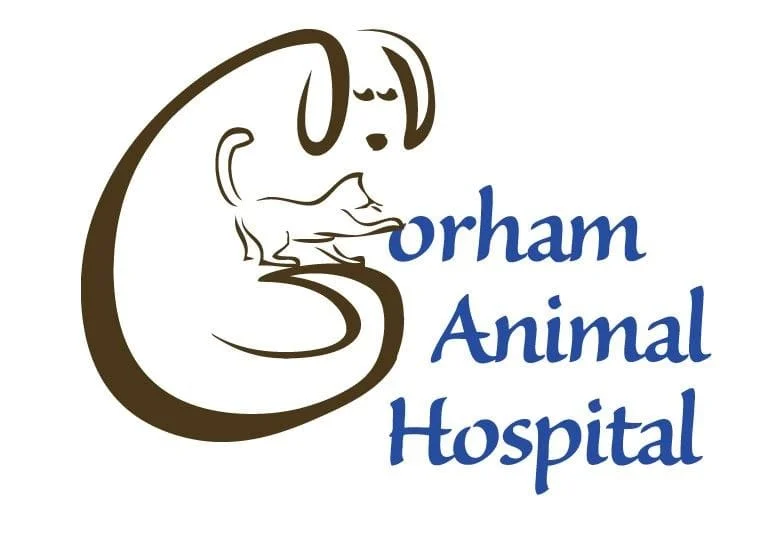Blood work and Chemistry Panels (updated 23 December 2013)
I may recommend blood work on your pet to tell me more information about the pet's overall health. Disease, especially in the early stages, can be difficult to detect. Bloodwork can also be used prior to surgery to determine the safest anaesthesia regime and screen the internal organs for proper function, particularly liver and kidneys which break down and process the anaesthetic.
In a sick pet, bloodwork is used as an aid in both the diagnosis as well as in the monitoring of a pet's disease process. In senior pets (over the age of seven years) blood may be recommended to identify age-related illnesses. Early diagnosis usually results in both a better quality as well as quantity of a pet's life.
Urinalysis is recommended as part of a senior wellness profile to identify disease processes, in particular kidney disease in the early stages. We can have less than ¼ of ONE kidney left before changes are evident in the blood, but they will show signs of renal compromisation in the urine earlier. A first morning urine sample is the best at evaluating the kidney. If a culture is required the sample should be obtained directly from the bladder, using a technique called cystocentesis, by placing a needle right into the bladder. This process is less uncomfortable than passing a urinary catheter, it just sounds worse.
It is recommended that a senior pet should have a geriatric screening done at least annually. One year in canine/feline years equates to 7 years of people's aging, so a lot can change in this timespan!!
Blood samples are obtained either from the neck or from a leg. Your pet may have a small bandage applied to keep pressure on the area and prevent bruising on the limb. This should be removed after about 10 minutes as leaving these bandages on too long can result in limb swelling.
There are two components of blood work routinely run.
1. A CBC or complete blood count is used to evaluate the cells which are within the blood. Red blood cells, usually involved in oxygen transfer to the cells, and white blood cells, part of the immune system, normally help us fight off infections. Platelets are involved in blood clotting and are also evaluated.
An unusual number, low or high, can be reflective of a disease process.
2. A chemistry uses the fluid part of the blood to give us information including electrolytes(Na, K, Cl, Ca), protein levels, kidney or liver function.
The lab offers broad spectrum blood panels which are usually run together to be cost effective. Individual testing is usually more expensive.
Blood Urea Nitrogen (BUN),and creatinine will help identify kidney impairment or evaluate the hydration status of a pet.
Alkaline phosphatase (ALK) : mild elevations may be normal especially in a young growing animal. Elevations may be reflective of dental disease, bone injury, or liver injury. Note: animals being treated with steroids even small quantities found in eye or ear medications may result in elevations.
Alanine transaminase (ALT) elevations often associated with liver injury, chemical pollutants.
Bilirubin is a normal byproduct of red cell breakdown. Elevations are associated with liver disease or increased red cell destruction.
Glucose levels can be elevated with stress, especially in cats. High levels may also be indicative of diabetes. Low glucose levels are found with some types of cancer.
Total protein (TP) levels are influenced by a pet's nutrition, liver disease or gastrointestinal disease.
Albumin is a protein elevated with dehydration. Decreased levels can reflect liver, kidney or gastrointestinal disease.
Thyroid levels: Cats are often hyperthyroid, or have high levels. Dogs are more commonly hypothyroid.
Pancreatitis: the pancreas is an organ normally responsible for insulin production and fat digestion. A newer blood test is specific for picking up inflammation of the pancreas, which can be life threatening.
Feline leukemia/Feline HIV -blood test to evaluate cats for exposure/infection.
When blood abnormalities are found they should be reviewed with the clinical picture of the animal in mind. Repeat blood or additional tests may be recommended at that time.

